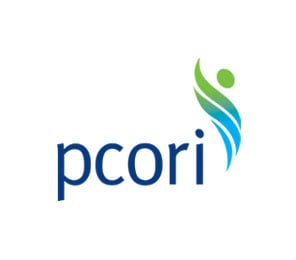 |
|
UMass Medical School received three awards totaling more than $2 million from the Patient-Centered Outcomes Research Institute (PCORI), more than any other institution in the country. The grants will fund a study of evidence-based, informed decision making for cancer screening tests; the development of an adaptive computer system for personalized health communication in smoking cessation; and the creation of clinical practice guidelines for screening lung and prostate cancers. The awards are part of PCORI’s Pilot Projects Program, which supports projects that encourage patient involvement in various aspects of the research and dissemination process.
Barry Saver, MD, MPH, associate professor of family medicine & community health, will lead a two-year research project focused on developing and testing interventions to help patients make two difficult and controversial cancer screening decisions—prostate cancer screening for men aged 50 to75 and breast cancer screening for women aged 40 to 49. In collaboration with the Central Massachusetts Area Health Education Center, the project will also evaluate the role of community health workers in helping patients make these difficult decisions.
Thomas K. Houston, MD, MPH, professor of quantitative health sciences, will lead the development of the Patient Experience Recommender System for Persuasive Communication Tailoring, an adaptive computer system that will assess a patient’s individual perspective, understand the patient’s preferences for health messages, and provide personalized, persuasive health communication relevant to the individual patient.
Roger Luckmann, MD, MPH, associate professor of family medicine & community health, will focus on developing and testing methods for engaging patients, clinicians, payers, health system leaders and public health officials in creating a model Clinical Practice Guideline (CPG) on screening for prostate cancer and lung cancer for use in Massachusetts. CPG development is a key step in translating comparative effectiveness research into clinical practice.
PCORI is an independent, non-profit organization established by authorization of Congress in 2010. Its mission is to fund research that will provide patients, caregivers and clinicians with the evidence-based information needed to make better-informed health care decisions.
“The pilot projects will improve our understanding of how to conduct research and disseminate research findings in ways that are more responsive to the needs of patients and the health care community,” said PCORI Executive Director Joe Selby, MD, MPH. “We are excited to be funding 50 projects nationwide, led by creative and innovative researchers. Their work will help us establish a foundation for patient-centered outcomes research that will give patients, caregivers and clinicians the tools they need every day.”
PCORI is committing $30 million in funding over two years for the pilot projects, which were selected by PCORI’s Board of Governors through a competitive, multi-stage review process. Proposals were evaluated for their scientific merit and rigor and fit within eight areas of interest outlined in the pilot projects announcement.
Related links on UMassMedNow:
Crave Out! helps stave off tobacco cravings
Transforming primary care by putting the patient first
Medicine from the heart . . . Barry Saver